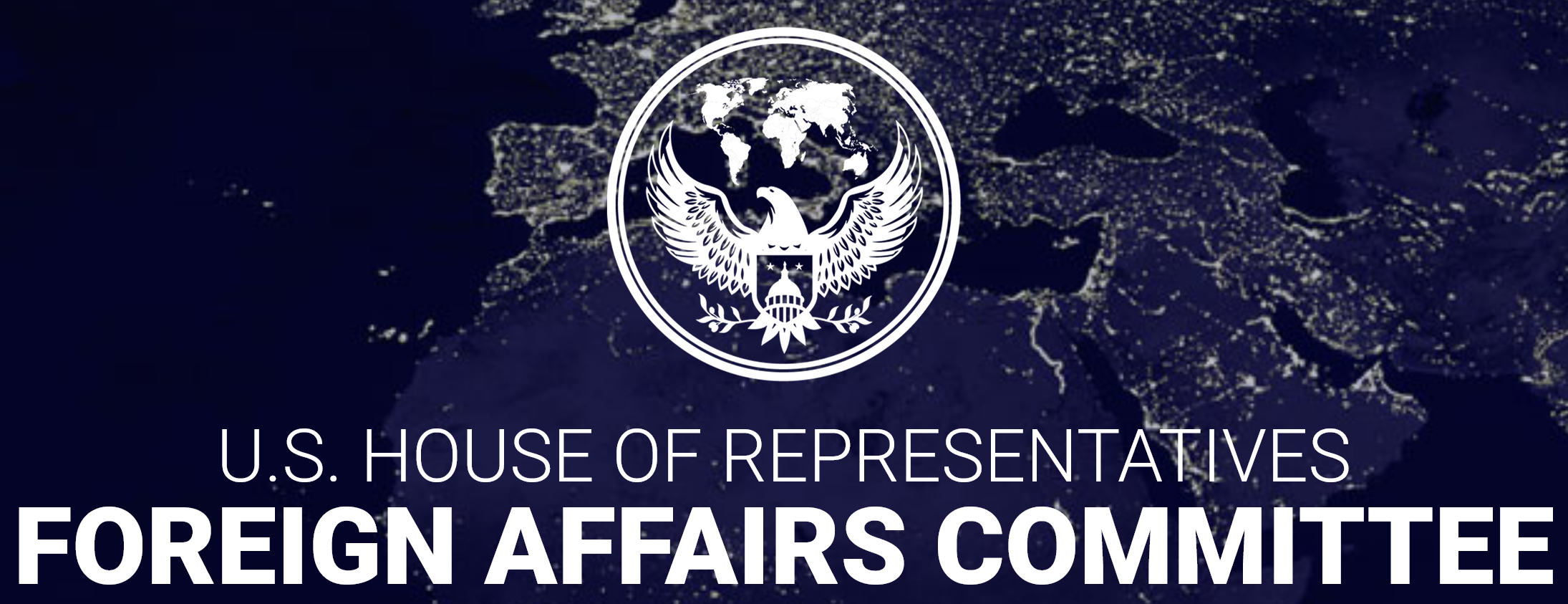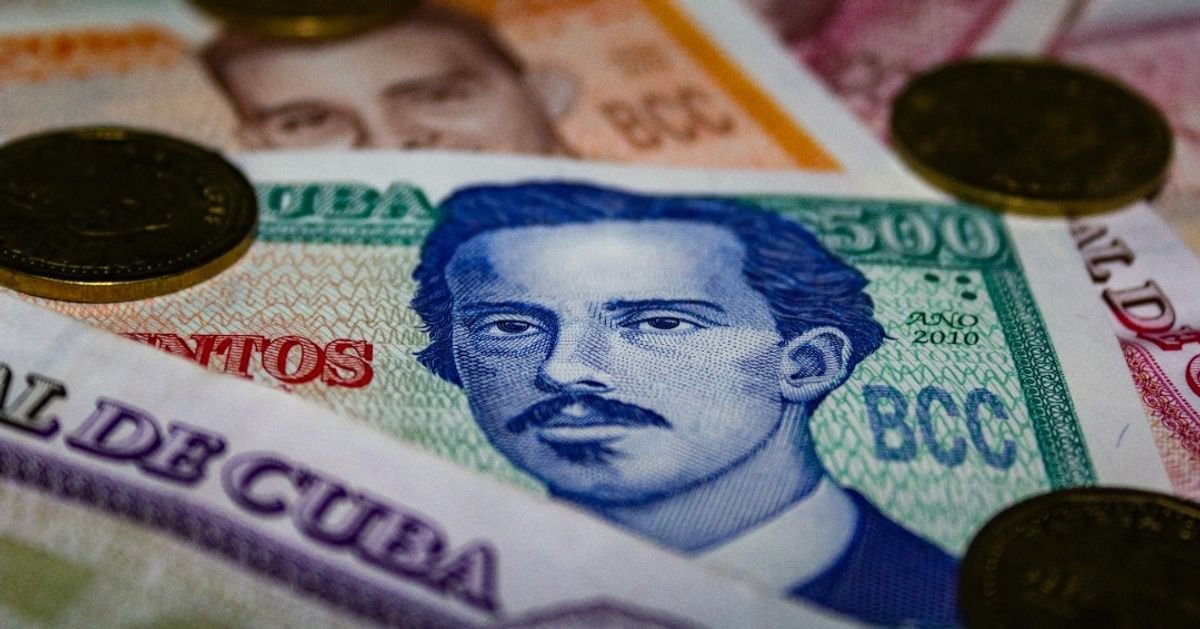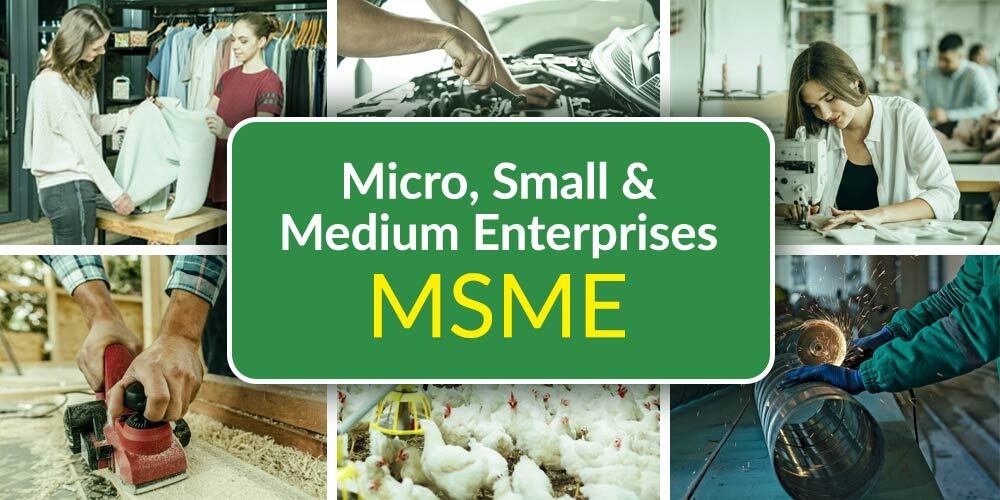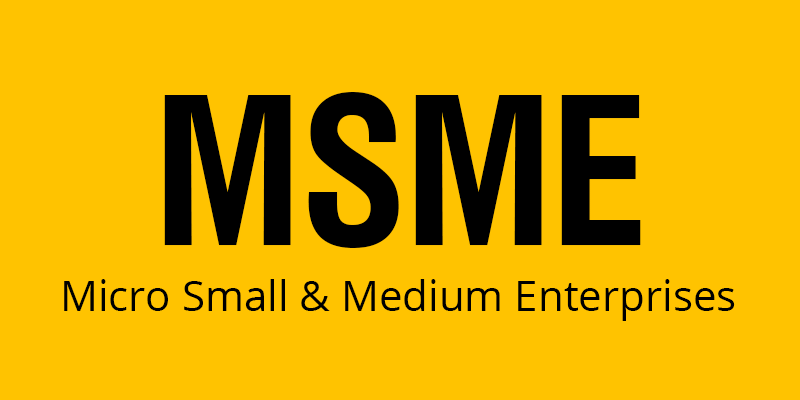From Turkiye: Additional Karpowerships Would Help With Cuba's Electrical Issues. Problem: Who Will Pay? Turkiye Government To Provide Support? That's A Challenge.
/HAVANA, Aug 31 (Reuters) - Cuba, mired in an energy crisis that has brought frequent blackouts, is negotiating with a Turkish company to have it double the megawatts it currently produces for the country from shipboard generators just offshore, according to two people with knowledge of the discussions.
Cuban officials are in talks with Karpowership, one of the world’s largest operators of floating power plants and part of the Turkey-based Karadeniz Holding, the sources said. The company already has five ships operating off Cuba with a capacity of around 250 megawatts (MW).
The Communist-run country needs to generate more than 3,000 MW to meet minimum demand and currently is producing between 2,000 MW and 2,500 MW. The Cuban National Electric Union did not respond to a request for comment. Karadeniz declined to comment. The sources, who asked not to be identified due to the sensitivity of the negotiations, said the talks centered on how to ensure lease payments from Cuba. "The (U.S. trade) embargo makes Western financial transactions very difficult and Cuba is cash short and behind on payments with many suppliers and joint venture partners,” one source said.
Experts say the Turkish company would need to add to its fleet off Cuba to produce the required amount of energy. Powerships carry their own generator fueled by oil or gas, anchor close to land and connect to the local electricity grid. They are leased by the host country. The deal, if it moves forward, would provide quick and much-needed relief for the embattled Cuban government as power outages have spread across the island and increased in length. Cuba is desperate for more electricity.
The energy crisis, with blackouts in 4 to 6-hour-blocks twice daily or more in most of the country, is perhaps the most painful symptom of a deeper financial crisis caused by external factors such as U.S. sanctions, the COVID-19 pandemic and poor economic management. Cubans are also living through food, medicine and fuel shortages, forcing them to wait in long lines for the basics. There have been scattered, small protests this summer and U.S. authorities registered a record of more than 175,000 Cubans at the U.S.-Mexican border since October, according to U.S. Customs and Border Protection agency statistics.
Cuban power plants are obsolete, averaging 35 years of age, with a backup system of hundreds of smaller generators at least 15 years old. Just 5% of power comes from alternative energy sources. The government blames lack of funds for its inability to update its decrepit grid, and says breakdowns, not fuel shortages, are the main cause of blackouts. Energy and Mining Minister Livan Arronte Cruz said last week that the country hoped to all but eliminate blackouts by the end of the year, in part by adding “531 megawatts to generating capacity through new investments,” a figure reduced to 450 MW by President Miguel Diaz-Canel at the weekend.
Omar Ramirez Mendoza, deputy director of the state electricity monopoly, said on state-run TV that “240 MW {of the 450 MW} will come from mobile generation,” a euphemism used by officials to refer to the powerships and coinciding with the source accounts. The remainder of the new capacity would come from upgrading existing facilities with the help of foreign partners in the Moa nickel region in eastern Cuba and at the Mariel Special Development Zone just west of Havana, Ramirez said.
Jorge Pinon, Senior Research Fellow at The University of Texas at Austin’s Energy Institute specializing in the Latin American region, said he believed the powerships would provide the "mobile generation" referred to by Ramirez, but wondered how the extra capacity would be financed “as the Cubans do not have any money.”
LINKS To Related Analyses
Turkey's Karpowership Delivering Fifth Electric Generation Vessel; More Than 15% Of Cuba's Current Electricity Usage. Company Won't Comment. Contracts Profitable. April 03, 2022
Turkey's Karpowership Adds Fourth Thermal Power Barge In Cuba. Company Generating More Than 10% Of Cuba's Electricity. Good For Turkish Companies. Reinforces Cuba's Energy Production Issues. November 25, 2021
Karpowership From Turkey Extends And Expands Floating Electricity Generation In Cuba; Joining Turkey's Global Ports Holding Which Manages Cruise Ship Terminal In Havana. November 19, 2021
Turkey's Karadeniz Holding May Add To “Karpowership” Fleet In Cuba. December 02, 2020
Karadeniz Holding Of Turkey Update On "Karpowership" Operations In Cuba. March 09, 2020
Karadeniz Of Turkey Delivering Floating Power Plant To Cuba For 51-Month Contract. April 23, 2019
Turkey's Karadeniz Holding Reports Electricity Contract With Cuba In October 2018; But, No Contract Signed Five Months Later. April 01, 2019
Karpowership Background
“Karpowership is a member of Karadeniz Energy Group, Istanbul, Turkey. The group is a pioneer in innovative energy projects for the last 20 years, with investments in domestic and international markets. The group started its energy investments in 1996, and is the first private electricity exporter in Turkey. Today, the group owns and operates more than 4,350 MW installed capacity globally.
Karpowership is the only owner, operator and builder of the first Powership (floating power plant) fleet in the world. Since 2010, 25 Powerships have been completed with total installed capacity exceeding 4,100 MW. Additional 4,400 MW of Powerships are either under construction or in the pipeline.
Starting from the design, and ending with delivery of electricity, Karpowership fully executes all activities in-house including but not limited to construction, site preparation, commissioning, and fuel supply. Utilizing the highest technology, Karpowership provides fast-track delivery, high efficiency, and all integrated “plug&play” project execution. Via these capabilities, Karpowership is able to successfully undertake a variety of commercial structures such as short term IPPs (Independent Power Producer), long-term IPPs, PPAs (power purchase agreements), and rental contracts with its Powership fleet.
Powerships supplied and have been supplying 60% of Gambia, 26% of Ghana, 100% of Guinea Bissau, 10% of Guinea, 25% of Lebanon, 10% of Mozambique, 15% of Senegal, 80% of Sierra Leone, 10% of Sudan, 10% of Cuba, 30% of North Sulawesi, Indonesia, 55% of East Nusa Teneggara, Indonesia, 80% of Ambon, Indonesia, 10% of Medan, Indonesia, and 16% of Zambia’s and 30% of Southern Iraq’s total electricity generation.
As of today, Karpowership has more than 2,600 direct employees from 19 different nationalities, creates employment for additional 10,000 co-workers for the construction of the Powerships and is expanding through renewables, Powerships and other innovative energy supply solutions.”














